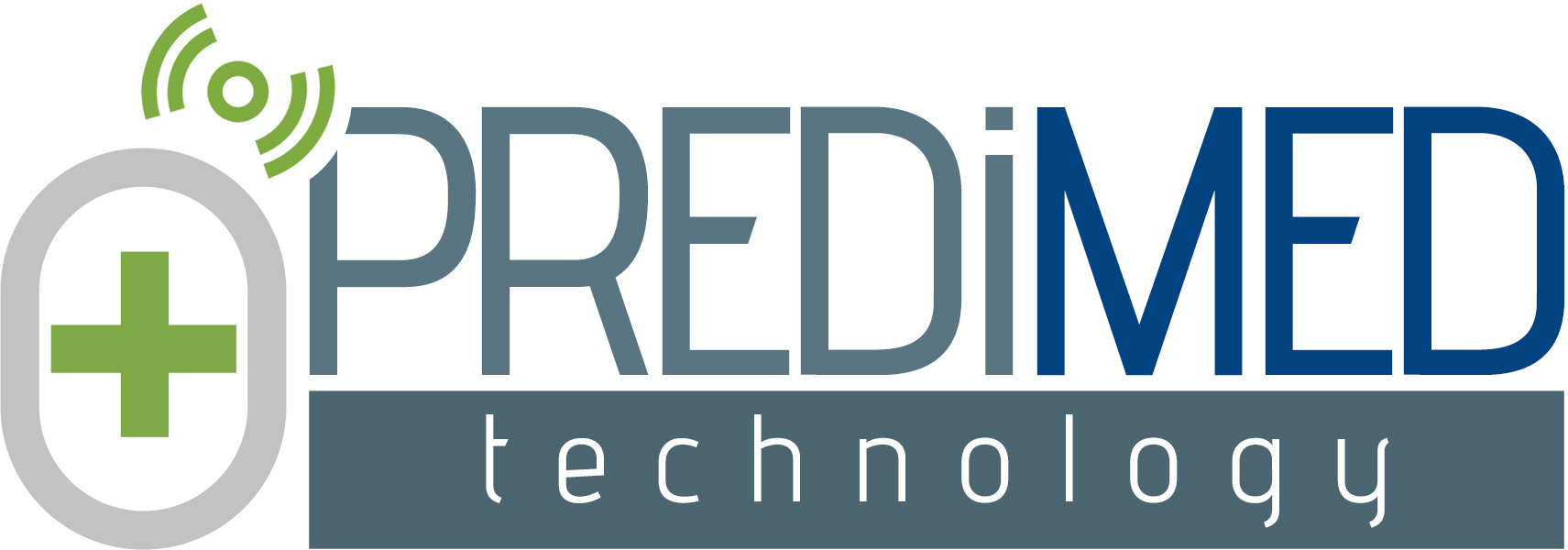Chronic diseases are one of the most difficult challenges to the beginning of the twentieth century. Monitoring patients with chronic diseases, especially in chronic heart failure or diabetes mellitus, using telemedicine systems is a potential means for optimizing the management of these patients, even in elderly patients. The e-care project is developing an “intelligent” communicative platform enabling the home monitoring of patients with heart failure, using non-invasive sensors, with additional contextual information and patients’ profile. As a result, this platform will assist health care professionals by providing an automated processing of these sensors’ transmitted data in order to detect and report signs of cardiac decompensation early or wrong adherence to therapy.
Introduction: Monitoring patients with heart failure by telemedicine systems is a potential means susceptible to optimize the management of these patients and avoid life-threatening emergencies. In this context, we experimented in internal medicine unit an e-platform E-care dedicated to automated, intelligent detection of situations at risk of heart failure. Methods: The E-care platform based on medical sensors (blood pressure, heart rate, O2, weight), communicating (Bluetooth), to go up, in real time, to an intelligent physiological information and an analysis of the ontology medical, leading ultimately to the generation of alerts. After a development phase (proof of concept), the E-care platform has been [...]
Monitoring patients with heart failure by using telemedicine systems is a potential means for optimizing the management of these patients. The E-care project is developing an "intelligent" communicative platform enabling the home monitoring of patients with New York Heart Association (NYHA) Stage III heart failure using non-invasive sensors. As a result, this platform will assist health care professionals by providing an automated processing of these sensors' transmitted data in order to detect and report signs of cardiac decompensation early.
Chronic diseases are one of the most difficult challenges to the beginning of the twentieth century. Monitoring patients with chronic diseases, especially in chronic heart failure or diabetes mellitus, using telemedicine systems is a potential means for optimizing the management of these patients, even in elderly patients. The e-care project is developing an “intelligent” communicative platform enabling the home monitoring of patients with heart failure, using non-invasive sensors, with additional contextual information and patients’ profile.
Monitoring patients with heart failure, atrial fibrillation and under anticoagulant agent by using telemedicine systems is a potential means for optimizing the management of these patients. The HOCAS project is developing an “intelligent” communicative platform enabling the home monitoring of patients with heart failure, arrhythmias and anticoagulation drugs using non-invasive sensors, electronic pillbox to promote therapy adherence, a questionnaire to monitor patients’ hygiene and diet, a questionnaire to monitor patients’ therapy adherence together with additional contextual information and patients’ profile.
Monitoring patients with heart failure by using telemedicine systems is a potential means for optimizing the management of these patients and to facilitate the job of health care professionals. We report the experience of the deployment of such a monitoring platform, through the E-care project.
Les résultats préliminaires suite au déploiement du système E-care en milieu hospitalier semblent montrer la pertinence des choix technologiques, des outils et des solutions développées et adoptées. Ce système de télémédecine permet de façon automatique, non intrusive, de générer des alertes en rapport avec la détection de situations à risque de décompensation cardiaque, étant in fine susceptible de prévenir le recours à l’hospitalisation.
L’insuffisance cardiaque est une maladie chronique grave qui outre la morbi-mortalité importante qui lui est imputée, induit des ré-hospitalisations fréquentes, qui grèvent la qualité de vie des patients, et dont certaines pourraient être évitées par une action en amont. C’est une pathologie fréquente, qui pose un vrai problème de santé publique. Le suivi des patients avec une insuffisance cardiaque par des systèmes de télémédecine est théoriquement un moyen susceptible d’optimiser leur prise en charge. Plusieurs projets sont actuellement développés dans ce domaine, dont : SCAD, PIM's, OSICAT, MEDICA et E-care. Le projet E-care développe une plateforme « intelligente » et communicante pour assurer une surveillance à domicile, à l’aide de capteurs non intrusifs, des patients atteints d’insuffisance cardiaque en stade III de la NYHA.
Le suivi à domicile des patients atteints de maladies chroniques devrait contribuer à limiter les dépenses, favoriser l’émergence de nouvelles organisations plus efficaces et plus sécurisées que la pratique conventionnelle, et offrir une meilleure qualité de vie des patients. Il repose sur la collecte d’informations comportementales, environnementales et physiologiques du patient. Dans les premiers systèmes, ces données étaient envoyées directement aux experts médicaux pour les interpréter. Avec les avancées technologiques actuelles, des logiciels et des applications ont été développés pour traiter directement ces données. Dans cet article, nous présentons l’architecture de la plate-forme de télésurveillance de patients atteints d’insuffisance cardiaque, E-care, ainsi que la première phase de l’expérimentation réalisée aux hôpitaux universitaires de Strasbourg.


